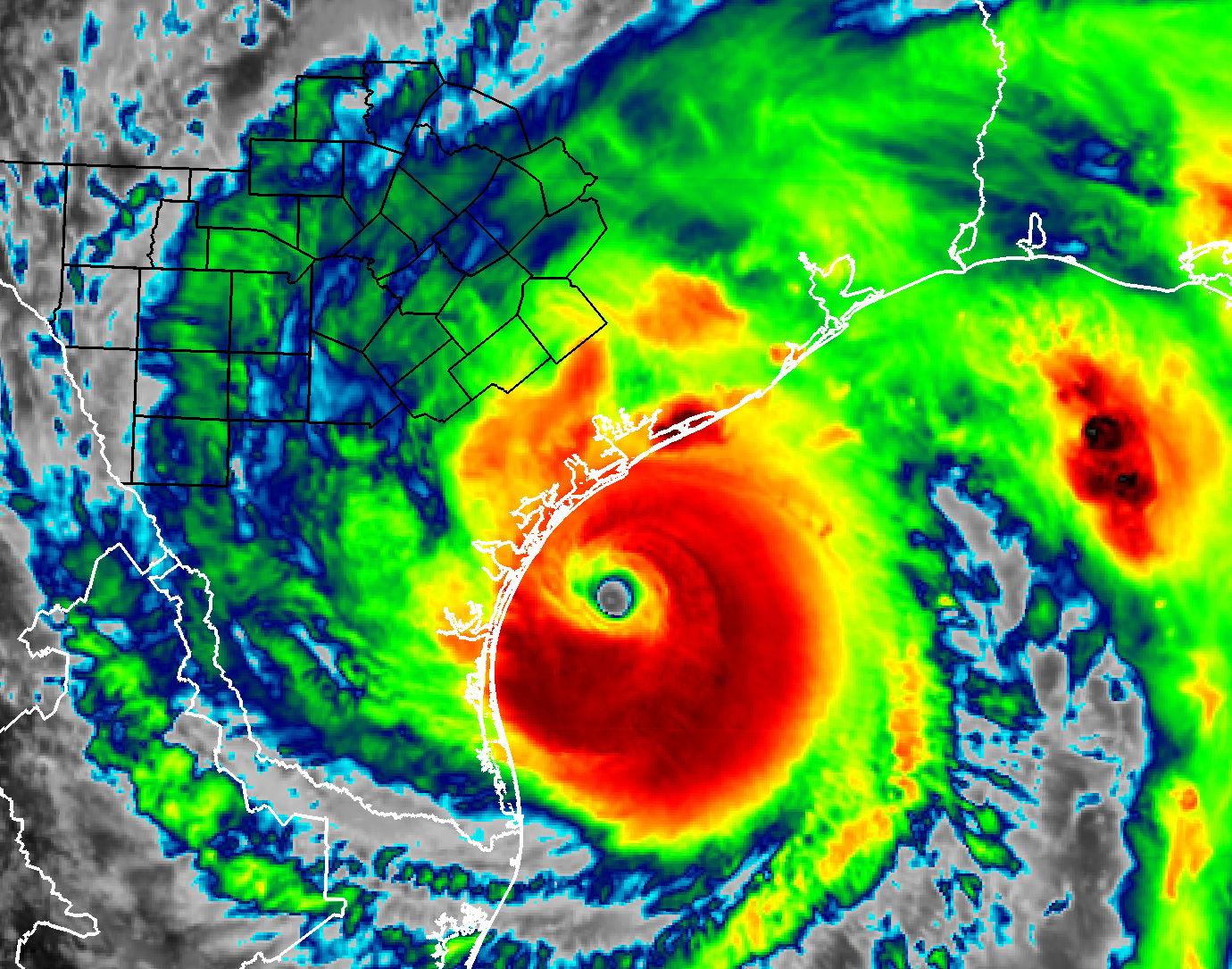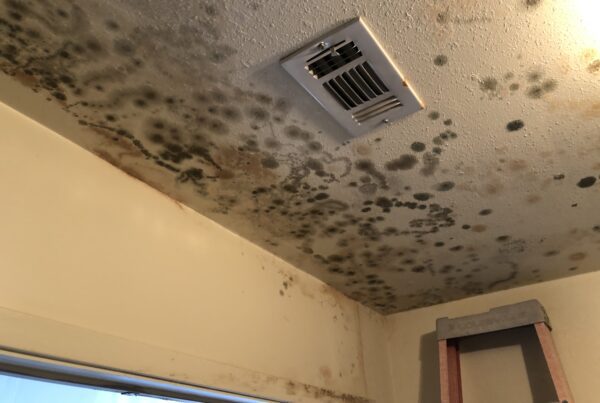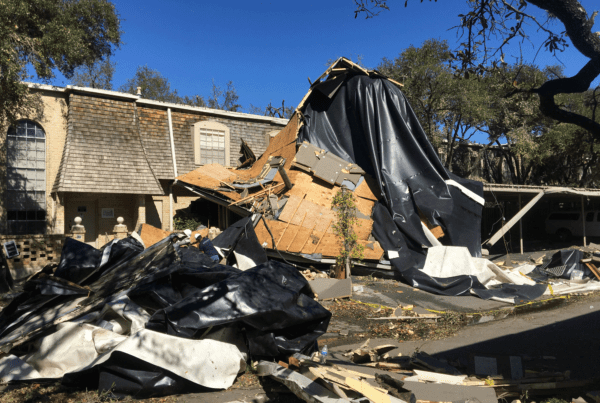It is that time of year again where a majority of coastal residents start turning their attention to the tropics. The Atlantic Hurricane season runs from June 1st through November 30th, and forecasters are predicting a very active 2024 hurricane season. The National Oceanic and Atmospheric Administration (NOAA), are predicting an 85% chance of an above-normal hurricane season. NOAA is forecasting a range of 17 to 25 total named storms (winds of 39 mph or higher). Of those, 8 to 13 are forecast to become hurricanes (winds of 74 mph or higher), including 4 to 7 major hurricanes (category 3, 4, or 5; with winds of 111 mph or higher).
The above-normal activity level in the upcoming Atlantic hurricane season is due to a confluence of factors, including near record warm ocean temperatures in the Atlantic Ocean, development of La Nina conditions in the Pacific, reduced Atlantic trade winds and less wind shear, all of which tend to favor tropical storm formation. As one of the strongest El Ninos ever observed nears its end, NOAA scientists predict a quick transition to La Nina conditions (by the peak of the season), which are conducive to Atlantic hurricane activity because La Nina tends to lessen wind shear in the tropics. At the same time, abundant oceanic heat content in the tropical Atlantic Ocean and Caribbean Sea creates more energy to fuel storm development. Also, this season will feature the potential for an above-normal West African monsoon, which can produce African easterly waves that send some of the strongest and longer-lived Atlantic storms. Finally, light trade winds allow hurricanes to grow in strength without the disruption of strong wind shear, and minimize ocean cooling.
Regardless of the hurricane season outlook, it is always important to be prepared in case a hurricane decides to make landfall on the gulf coast. Below are some ideas on things you can do now to prepare for hurricane season:
- Know your area’s risk of hurricanes and consider your personal risk of experiencing impacts.
- Review your insurance policy for hurricane related coverage. Standard insurance policies do not cover flooding (rising water) and you may need to purchase additional policies.
- Sign up to receive emergency alerts and notifications from your local emergency management office. Learn when common alerts and warnings mean before you are impacted by a hurricane.
- Monitor weather reports and updates from the National Hurricane Center.
- Practice going to a safe shelter for high winds, such as a DEMA safe room, an International Code Council (ICC) 500 storm shelter or a small, interior windowless room in a sturdy building. Make sure your safe shelter is on the lowest level that will not be affected by floodwater.
- Develop an emergency communication plan that you can use to contact family, friends, and neighbors during a hurricane. Plan to text or message because you may not be able to make or receive phone calls.
- Gather enough food, water, and emergency supplies to last you several days. Keep in mind each person’s specific needs, including medications. Also, do not forget about your pets and their needs.
- Keep important documents in a dry, safe place such as a fireproof and waterproof box.
- Protect your property. Install hurricane shutters or reinforce windows. Declutter drains and gutters. Secure outdoor items and furniture or move them indoors.
Planning is one of the most important things everyone needs to do prior to hurricane season. Make sure that you and your family are prepared and ready in case a storm starts tracking in your direction. It is also important to remember that hurricanes can affect area more than 100 miles inland. Until next time my friends, be prepared and stay safe.
Reference: “NOAA predicts above-normal 2024 Atlantic hurricane season” By NOAA and “Be Prepared for a Hurricane” by FEMA





